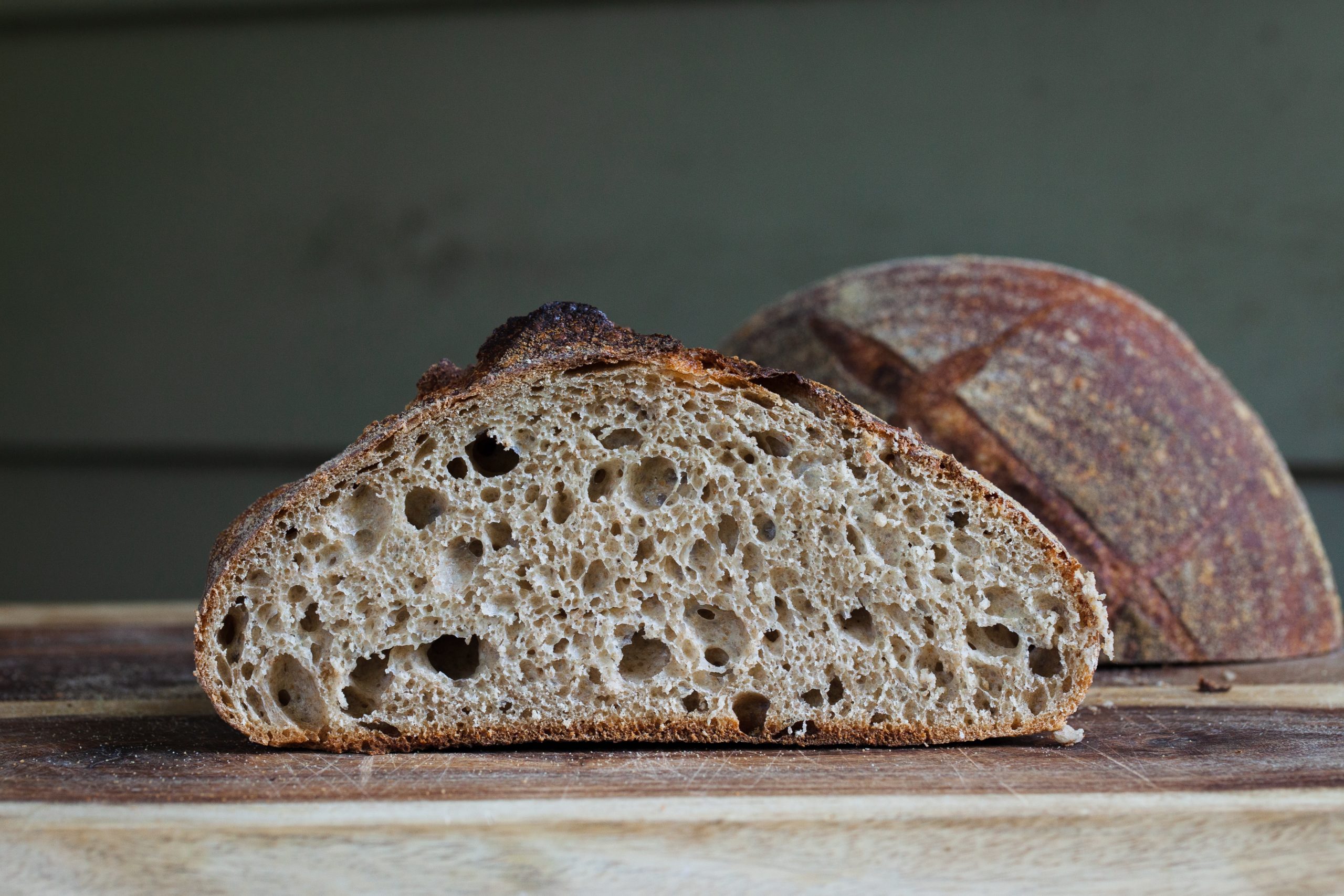What is Gluten?
Gluten is a protein that is found in wheat, barley, and rye. It is responsible for the amazing elasticity and structure of dough, and it is used as a binding agent in many processed foods.
People with celiac disease, an autoimmune disorder, must avoid gluten because it can damage the lining of the small intestine and interfere with the absorption of nutrients. Non-celiac gluten sensitivity is a condition in which people experience symptoms similar to those of celiac disease after consuming gluten, but they do not have the same type of immune reaction or intestinal damage as people with celiac disease. Some people also choose to follow a gluten-free diet for other health reasons, such as to improve digestive symptoms.
It is important to note that gluten-free does not necessarily mean that a food is healthy. Some gluten-free foods may be high in added sugars, unhealthy fats, or calories, and they may not provide the same nutritional benefits as whole grains that contain gluten.
Should you avoid gluten?
Whether or not you should avoid gluten depends on your individual health needs and circumstances.
If you have celiac disease, it is essential that you follow a strict gluten-free diet to avoid the serious health complications that can result from consuming gluten. If you have been diagnosed with non-celiac gluten sensitivity, you may also need to follow a gluten-free diet to manage your symptoms.
People who do not have celiac disease but still adhere to a gluten-free diet do so for many reasons. Some may believe that avoidance has health benefits, or may prevent the development of future diseases. If you do not have celiac disease, non-celiac gluten sensitivity, or irritable bowel syndrome and are otherwise a healthy person, there is conflicting and limited evidence to suggest that following a gluten-free diet has substantial health benefits. Some possible risks of following a gluten-free diet in the absence of celiac disease include decreased intake of B vitamins, iron, and trace minerals, and lower grain consumption.
If you are considering following a gluten-free diet, it is important to speak with a healthcare professional or a registered dietitian to determine if it is necessary and to ensure that you are meeting your nutrient needs.
Reviewed by Annie Tsang, RD
References:
Jones A. L. (2017). The Gluten-Free Diet: Fad or Necessity? Diabetes spectrum: a publication of the American Diabetes Association, 30(2), 118–123. https://doi.org/10.2337/ds16-0022
Niland, B., & Cash, B. D. (2018). Health Benefits and Adverse Effects of a Gluten-Free Diet in Non-Celiac Disease Patients. Gastroenterology & hepatology, 14(2), 82–91.



